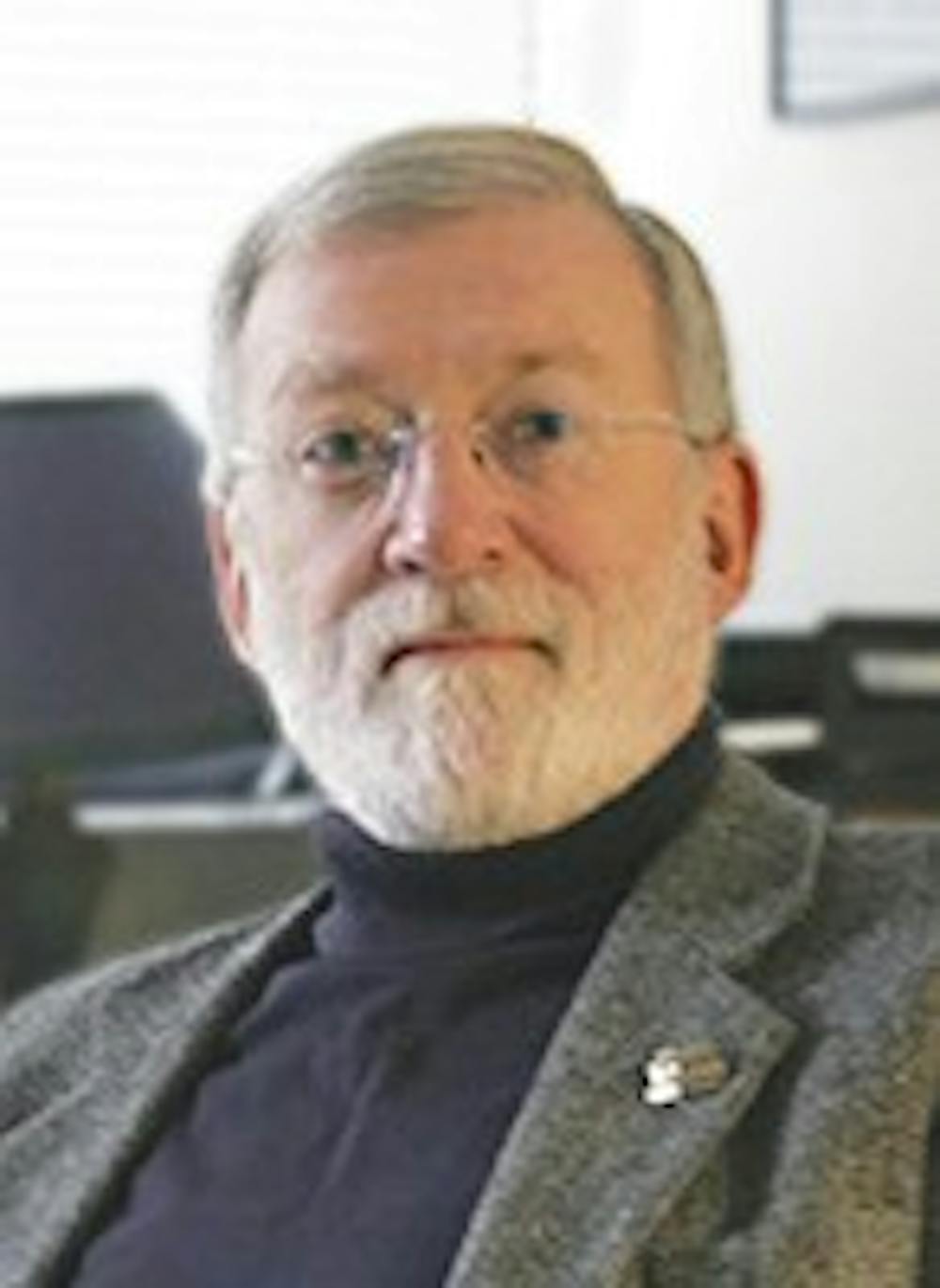Wayne Wiegand, a Florida State University professor, is a world-renowned librarian historian studying the importance of libraries in the United States.
On a tour of his book, “Part of Our Lives: A People’s History of the American Public Library,” Wiegand will be stopping at UNC’s Carolina Club today to deliver the 2015 Lucile Kelling Henderson Lecture, hosted by the School of Information and Library Science.
Wiegand spoke to Arts & Entertainment Editor Sarah Vassello about the future and the history of libraries in America as well as the importance of the library as a public space.
The Daily Tar Heel: First of all, how did you become a world-renowned librarian historian? What makes libraries interesting to you?
Wayne Wiegand: Well, actually, it’s got a North Carolina connection. Among the best library historians in the world in the 1960s and 1970s were Ed Holley, who was dean of the library school at UNC, and Haynes McMullen, who was his colleague and his faculty there, and some of their writings got me interested in library history. So one can say a reason I got interested in library history was because of UNC people.
DTH: What about them made you interested in libraries?
WW: Like millions of other children, I was introduced to civic responsibility at my local public library in my hometown. That’s where I got my original library card, and somebody said to me, “OK, Wayne, you’re responsible for this public property.” So I’ve used public libraries all my life and found them to be a benefit in a variety of ways and turned my historical interests into looking at libraries.
DTH: Where do you see libraries today?
WW: Among one of the things that I’m going to be saying at North Carolina (today) is that we’ve experienced only growth in public libraries since the beginning of the 21st century, and a lot of people predicted they wouldn’t last into the 21st century with the internet.



